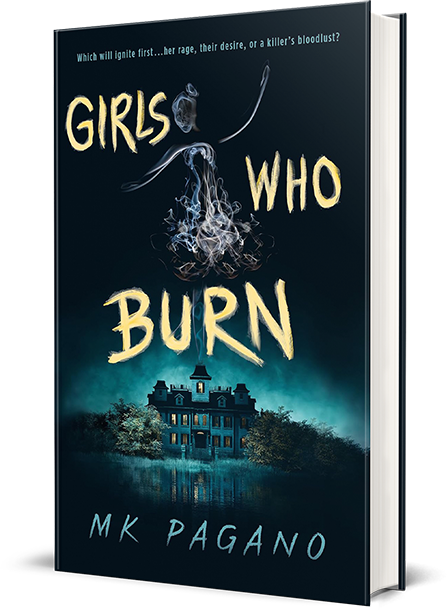Learning from the Masters: The First 250 Words
It’s time for another installment of this! (Click here to find installments 1, 2, and 3.)
You know how when you read advice on querying, they suggest comparing your manuscript to a published book? For my first manuscript, this was really hard to do–it’s a YA mystery, with some historical fiction, with some magical realism, with some romance, with a lot of coming-of-age stuff mixed in. I was having so much trouble coming up with a comparable book–until I read Miss Peregrine’s Home for Peculiar Children.
Obviously there are some differences–this book is full-on magic, not magical realism–but I was thrilled to find that such a weird book could do so well in the publishing world. I was a bit skeptical when I first picked it up in the bookstore–creepy old photos tend to turn me off–but as always, it was the first 250 words that hooked me:
I had just come to accept my life would be ordinary when extraordinary things began to happen. The first of these came as a terrible shock and, like anything that changes you forever, split my life into halves: Before and After. Like many of the extraordinary things to come, it involved my grandfather, Abraham Portman.
Growing up, Grandpa Portman was the most fascinating person I knew. He had lived in an orphanage, fought in wars, crossed oceans by steamship and deserts on horseback, performed in circuses, knew everything about guns and self-defense and surviving in the wilderness, and spoke at least three languages that weren’t English. It all seemed unfathomably exotic to a kid who’d never left Florida, and I begged him to regale me with stories whenever I saw him. He always obliged, telling them like secrets that could be entrusted only to me.
When I was six I decided that my only chance of having a life half as exciting as Grandpa Portman’s was to become an explorer. He encouraged me by spending afternoons at my side hunched over maps of the world, plotting imaginary expeditions with trails of red pushpins and telling me about the fantastic places I would discover one day. At home I made my ambitions known by parading around with a cardboard tube held to my eye, shouting, “Land ho!” and “Prepare a landing party!” until my parents shooed me outside. I think they worried that my grandfather would infect me with some incurable dreaminess from which I’d never recover–that these fantasies were somehow inoculating me against more practical ambitions–so one day my mother sat me down and explained that I couldn’t become an explorer because everything in the world had already been discovered.
Why did this hook me?
1. It starts off by telling you you’re about to embark upon an extraordinary adventure, very going-through-the-wardrobe-esque. And who doesn’t want to quit their boring lives to go on an extraordinary adventure? Isn’t that why we read–because we can’t do these things in real life?
2. Grandpa Portman sounds awesome.
3. I completely relate to the narrator, even though we don’t even know his name yet. I, too, wanted to discover things, and was deeply upset as a child when I was told there was nothing left to find.
4. As always (for me at least) I love the writing. Good writing is a pretty much a guarantee this book is for me.
Exciting adventure + likable, relatable protagonist and secondary character + good writing = I will definitely keep reading 🙂
Photo taken by me



[…] I’ve written a lot about what we can learn from the masterful writers who’ve come before us, focusing mainly on the first 250 words of the manuscript. […]